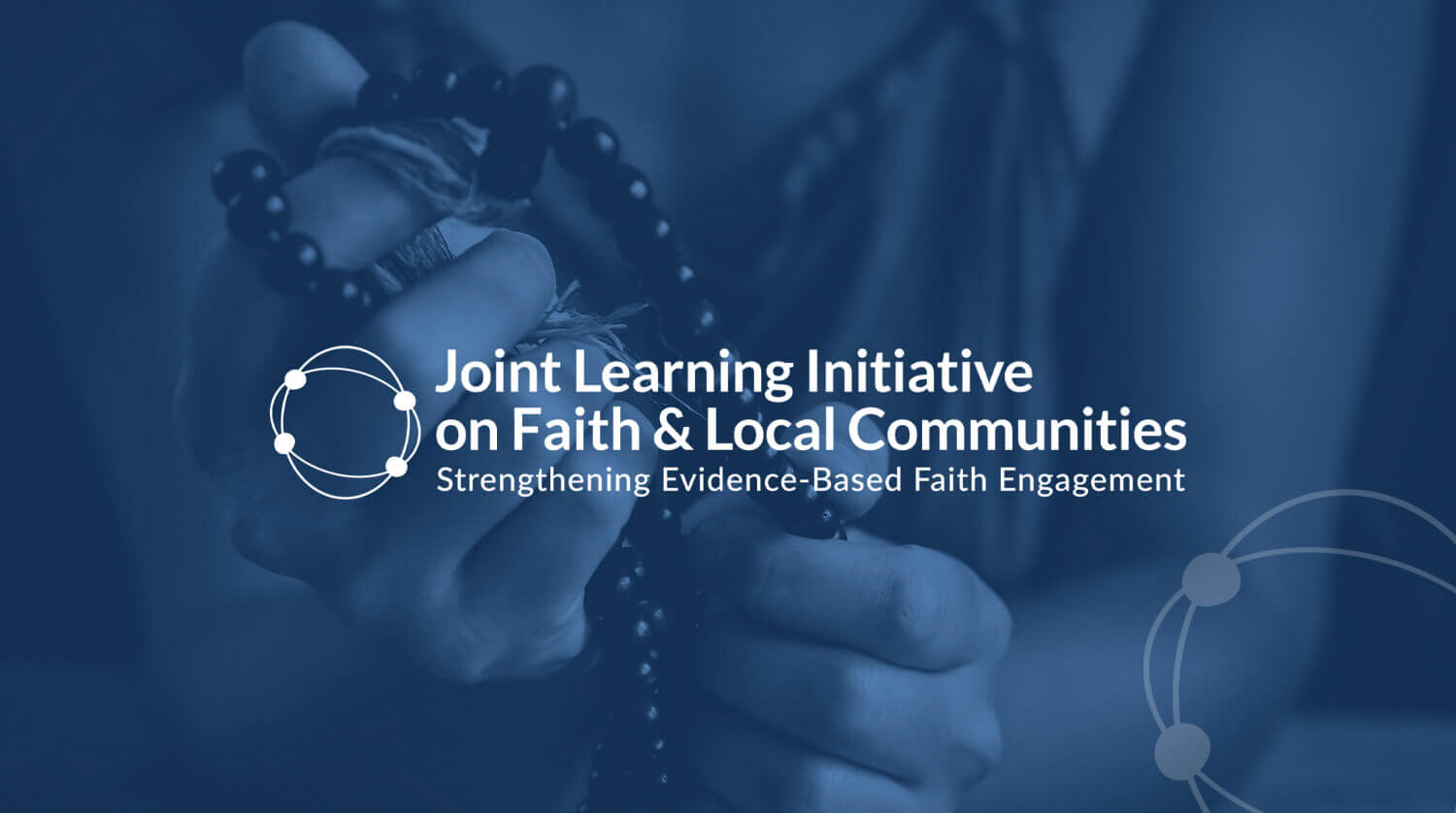Religious and faith-based organizations contribute substantially to international development as major donors to care for the most vulnerable.
As the just released Hudson Index of Philanthropy 2016 shows, US private philanthropy significantly outpaces US Official Development Assistance (ODA) as a proportion of total US contributions to total economic engagement with developing countries ( 12% vs 9%), and religious organizations contribute 14% of the total of that private philanthropy.
The Center for Faith and the Common Good has updated its analysis of data on US FB NGO financing for international development to include FY 2015.
Please see memo and links to more details online.
This information is important for current advocacy in support of US public funding for PFDA because it documents that:
1) US FBOs already contribute so much to international development—FY15 : $1.68b ( and these numbers understate the faith contribution as they only consider revenues to FB NGOs and not to congregations!).
2) FBOs effectively leverage public $ against private sources—for every public dollar invested, US FBOs raised $7! Only 27/71 US FBOs receive public funding.
3) even as public funding of FBOs has been declining, private funding to FBOs has been increasing
From an FBO perspective, regardless of whether one receives public funding, the continuation of US public funding is critical because it provides the context for our work to relieve suffering, and to promote peace and well-being, and forms the backdrop for our long standing public/private partnership.
The Faith community depends on the US Government to deliver the things that it does best: research, policy, scale, cross-sector and cross-border collaborations, lowering regulatory and legal barriers, national resource mobilization and capacity building, political and economic interventions, and peacekeeping. The faith community continues to hold the US government accountable, all the while giving generously of its own time, resources and talent for the benefit of the most vulnerable.






